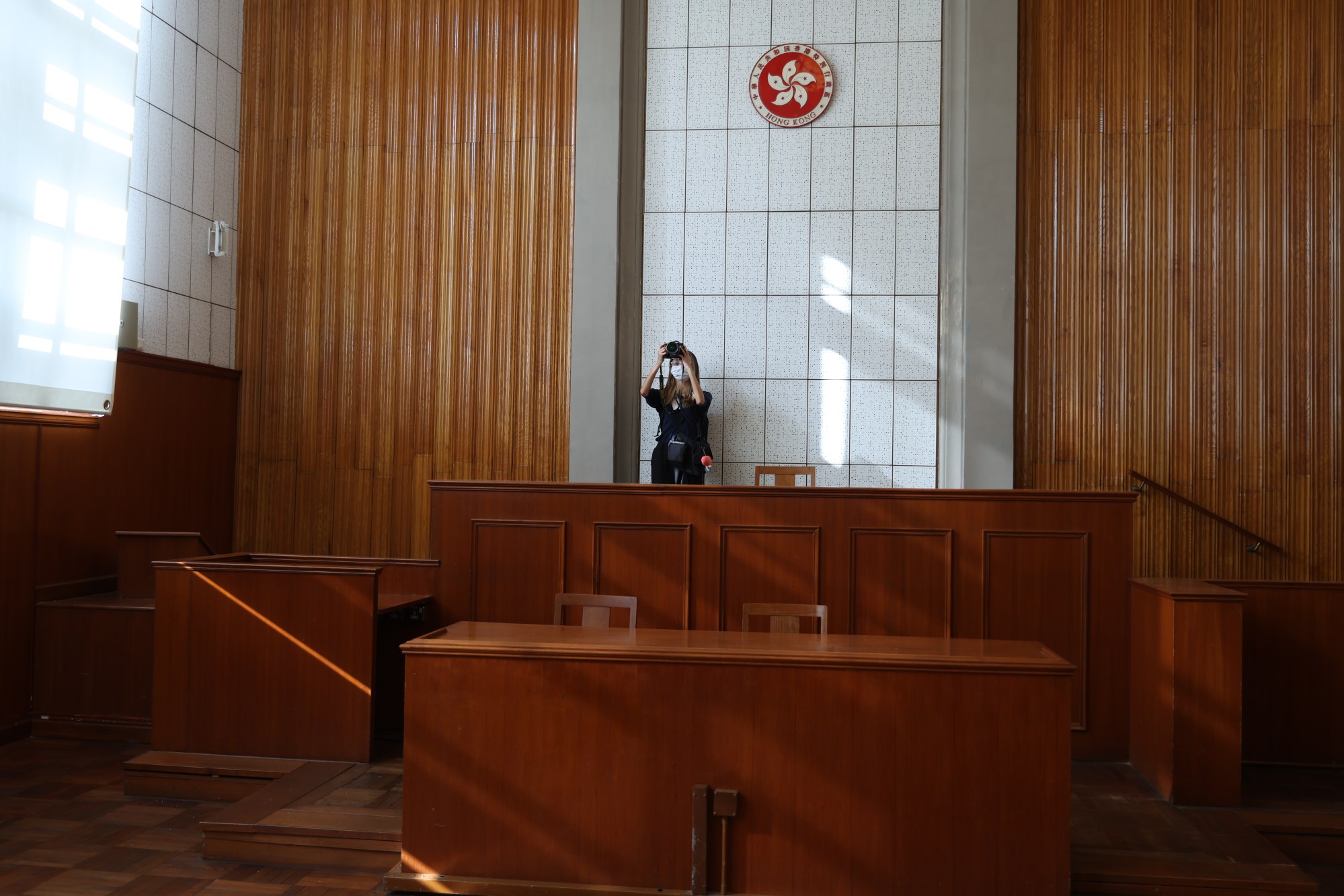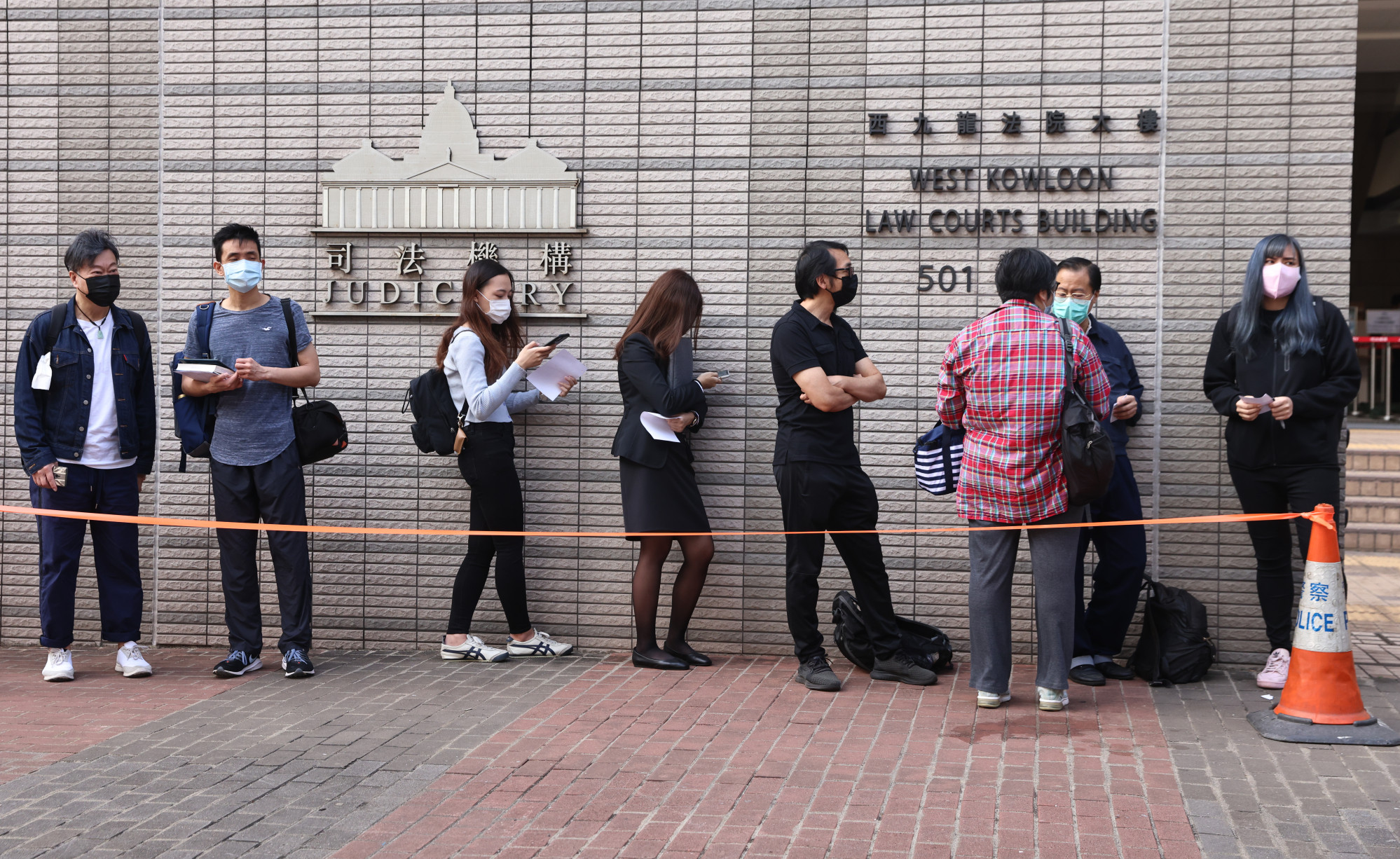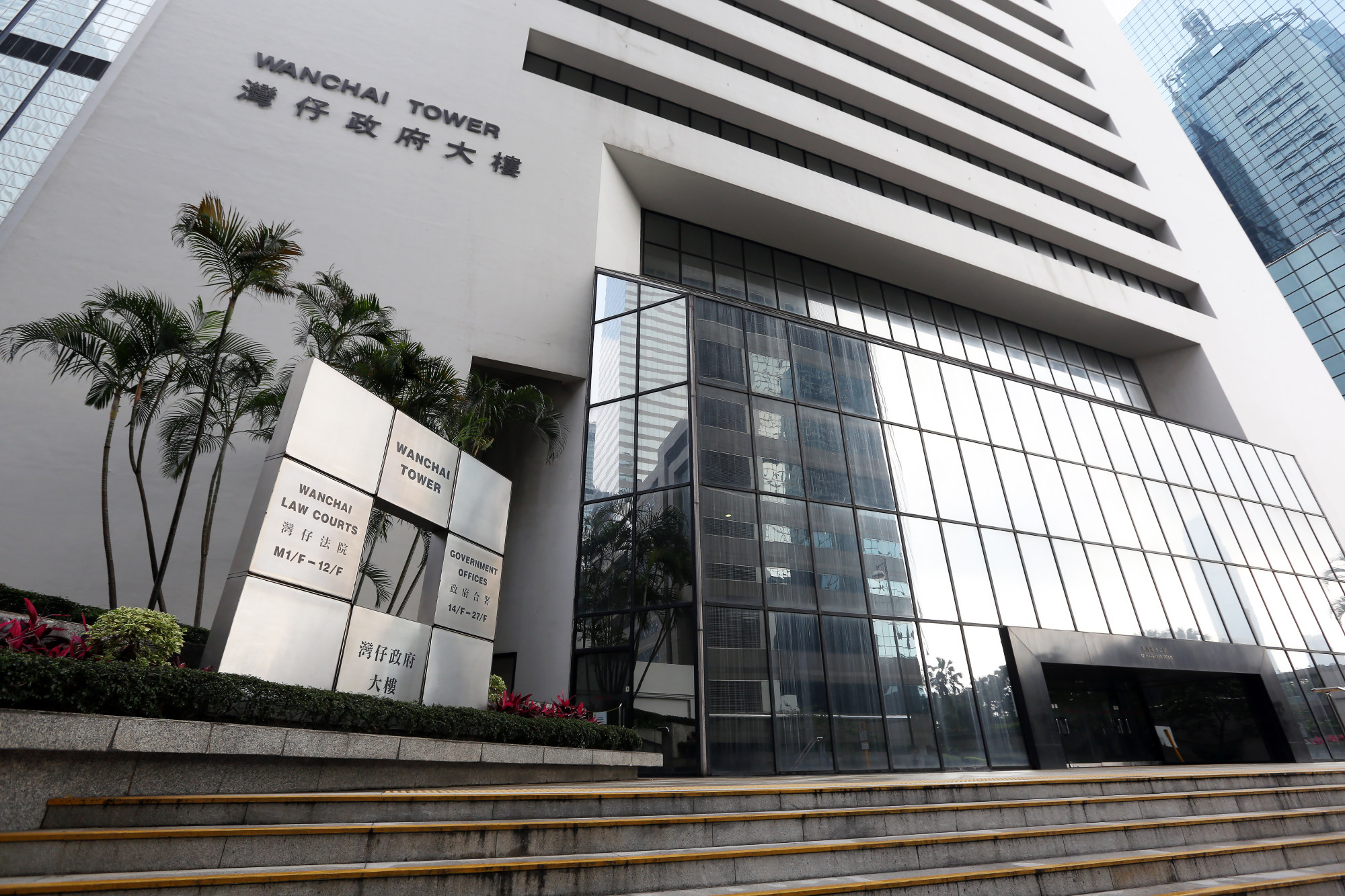
Hong Kong courts to live stream some proceedings to boost transparency, confidence in justice system
- Live streaming of cases will begin early next year, a move a top judge calls a ‘natural way forward’
- ‘The judiciary is mindful that not all proceedings are suitable for live broadcasting,’ Legislative Council panel says
Hong Kong courts will start to live stream some proceedings early next year in a bid to boost public confidence in the city’s justice system.
The city’s judiciary told a Legislative Council panel on Tuesday that courts were planning to broadcast the cases deemed appropriate to the public.
“The judiciary is mindful that not all proceedings are suitable for live broadcasting,” the panel paper said. “The judiciary is examining the guiding principles as well as the implementation practicalities of live broadcasting of court proceedings.”

The plan was first announced by Chief Justice Andrew Cheung Kui-nung earlier during the opening of the legal year, with the top judge calling the move a “natural way forward”.
He added it would increase transparency and bolster confidence in the legal system.
The step will also bring Hong Kong in line with law jurisdictions in Britain, Canada, Australia, and the United States, all of which broadcast proceedings at their top courts.
The US Supreme Court only allows audio recordings of arguments during hearings as it upholds a ban on cameras in the courtroom. The High Court of Australia, meanwhile, provides audio and video recordings a day after it has finished sitting.

In January, Chief Justice Cheung said that not all trials, especially those involving a jury and vulnerable witnesses, would be suitable for live broadcasting, and suggested beginning with appellate proceedings, particularly those at the Court of Final Appeal.
But he warned that the judiciary should also consider possible misuse of broadcast trials or doxxing of judges and legal representatives.
Britain allowed cameras in a criminal trial for the first time in England and Wales in July last year, when a manslaughter case was televised.
Filming was limited to the sentencing, with only the judge appearing on camera. The British government said the move would give the public a greater understanding of the judicial process.
Hong Kong judges try out AI to speed up transcribing as lawyers see its potential
Bar Association chairman Victor Dawes told the Post that he supported the judiciary’s move to further adopt technology.
“From a logistical point of view, appeal hearing may be more suitable for trial runs but the judiciary will have a better understanding on logistical issues,” he said.
Senior counsel Ronny Tong Ka-wah welcomed the move, describing it as a “good step forward”.
He suggested starting with simple criminal and civil cases without sensitive information, expressing confidence that existing restrictions would be enough to prevent footage misuse.
“As cases are open hearings anyway, the usual sanctions as to deliberate misreporting should apply. If need be, there should be clear legislative guidelines issued,” Tong said.

Separately, the judiciary said it would consult the legal profession and other court users at the end of the year on the mandatory use of its electronic case management system, inviting the profession and litigants to contribute their views on a suitable timetable, legislative amendments, exemptions and support needed to make the electronic system a default in the city’s proceedings.
Since last year, e-filing of legal papers has been allowed at the District Court for personal injury cases, tax claims, civil action and employees’ compensation cases, and simple cases at the Magistrates’ Courts involving summonses.
Law firms and litigants must be registered on the electronic case management system to file legal documents and make payments online, instead of using over-the-counter services at city courts.
Courting technology: why some Hong Kong lawyers are slow to go paperless
The judiciary administrator added that by the end of October, 350 court users, including 283 law firms, registered accounts under the electronic system, a sharp increase from 43 law firms reported in February.
The system also handled 24.2 per cent of eligible cases between last May and October this year, according to the judiciary.
Starting next year, the judiciary will “incrementally” roll out the electronic system to the Court of Final Appeal, the High Court, non-summons cases at Magistrates’ Courts and the Small Claims Tribunal.

